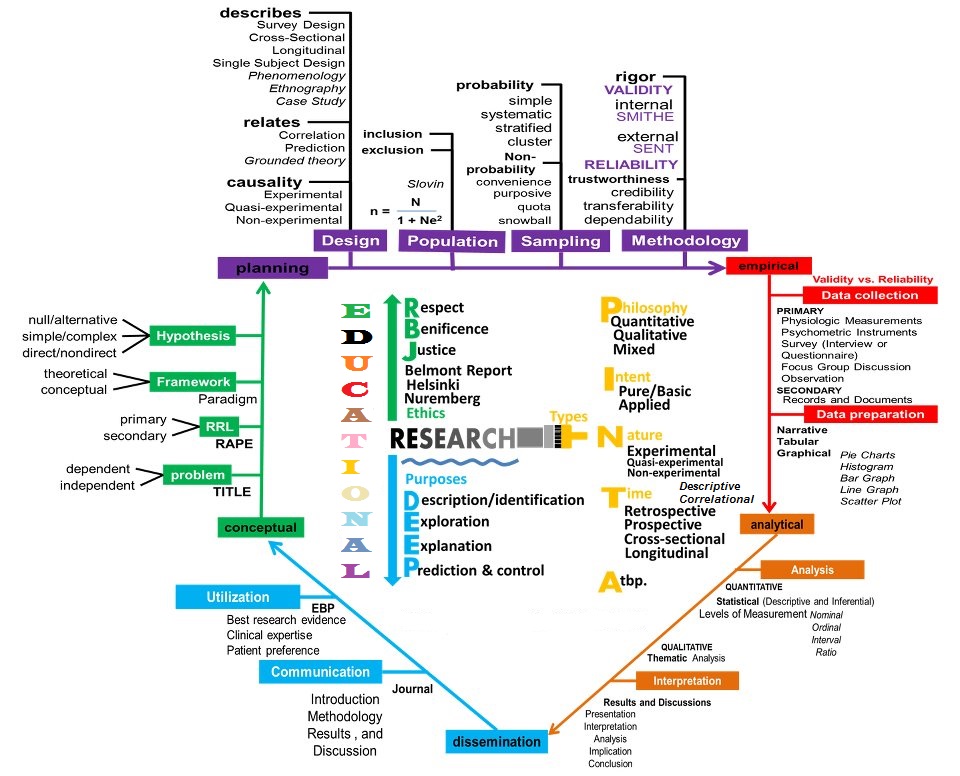How has some understanding about metacognition and self-regulation helped me plan ahead for this course (and perhaps other courses)?
What, related to this new understanding, can I promise myself in terms of specific actions (and goals) for the near future?
One important learning I gained about metacognition is understand what you are reading or studying. Deep level processing of information is vital to learning. Self-monitoring of learning is on way to achieve academic success.
I am actually a victim of reading without comprehending especially when I was in high school. I used to memorize my notes and lessons. It made me realize that I’m learning the wrong way.
As I trace how I came to have this type of habit, one thing crossed my mind. I developed this because of the teaching strategy employed by my teachers and most of my former professors. To Albert Bandura’s Social Learning Theory, learning occurs in a social context. Examinations given during my high school years were mostly objective type and require a lot of memorization of isolated facts. I don’t know if we share the same experience on this matter but I believe most of us do. More so when I reached college. In nursing, facts are very important. We have to memorize procedures, normal values of laboratory findings, the disease process and the list goes on. This may be because nursing is a science where we must follow specific rules and study empirical data. Even Dr. Chew would agree that if teachers let us memorize isolated facts, we must abide because if not, sure thing is, you’ll end up failing the course.
When I started my teaching career at a very early age (that was after my college graduation), I used to impose the same strategy and way of learning to my students. I was a novice then, and as one, I work and is guided by rules. I memorized my lectures, but a few weeks after, I easily forget it. Integrating concepts was also painstaking.
I appreciated the importance of metacognition when I started teaching in review classes. Answering drill questions was and is the strategy of my boss. I wondered why students got low scores in their drill exam. So what I did was, I observe each one of them on how they answered the questions. Surprisingly, there were students who were answering the questions without really understanding what is being asked by the question. Result was, they were unable to get the right answer. I also noticed that there were some questions that only require understanding in order to answer it correctly; unfortunately, some of my students were caught in that trap. And this boils down lack of comprehension.
As a teacher and student, deep processing of topics and understanding of concepts is imperative. This I believe will make learning effective and will lead to mastery of the topic.
In distance education, you are heavily responsible for your own learning hence necessitates self-control. Self regulation is primarily is self control. A deep understanding and comprehension of the modules given are needed in order for you to actively participate in the discussion. Time should under be your control. Managing it wisely is an essential ingredient for a distance learner’s success.
Learning all of these, I promise to be in charge of my own learning, monitoring my progress in the course, devote time for studying and to read with understanding.

